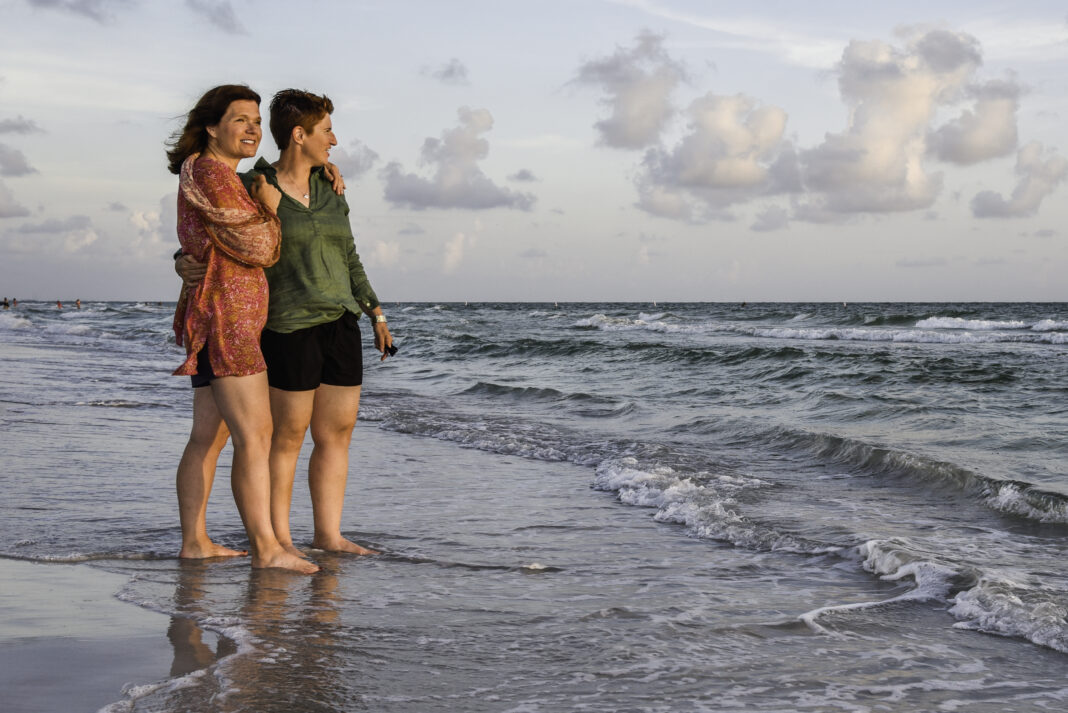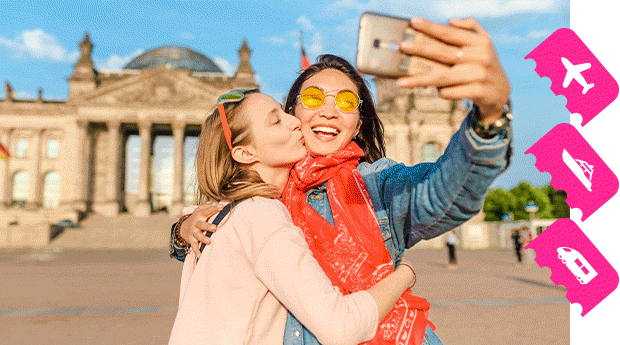Some global destinations have loved us loudly for a long time. Thanks for that! Others needed to do some work before they were able to roll out the pink carpet for LGBTQ2S+ travellers.
These seven unexpectedly friendly LGBTQ+ destinations are a mix of those that, against the odds, jumped to the top of the list of the world’s most welcoming places, and those that have jumped high on the list, often in a short amount of time.
Even in places where politicians dismiss or demonize us, local attitudes show us what hospitality is all about. Then again, you’ll be surprised to learn about some of the progressive policies certain destinations have adopted.
Kathmandu, Nepal
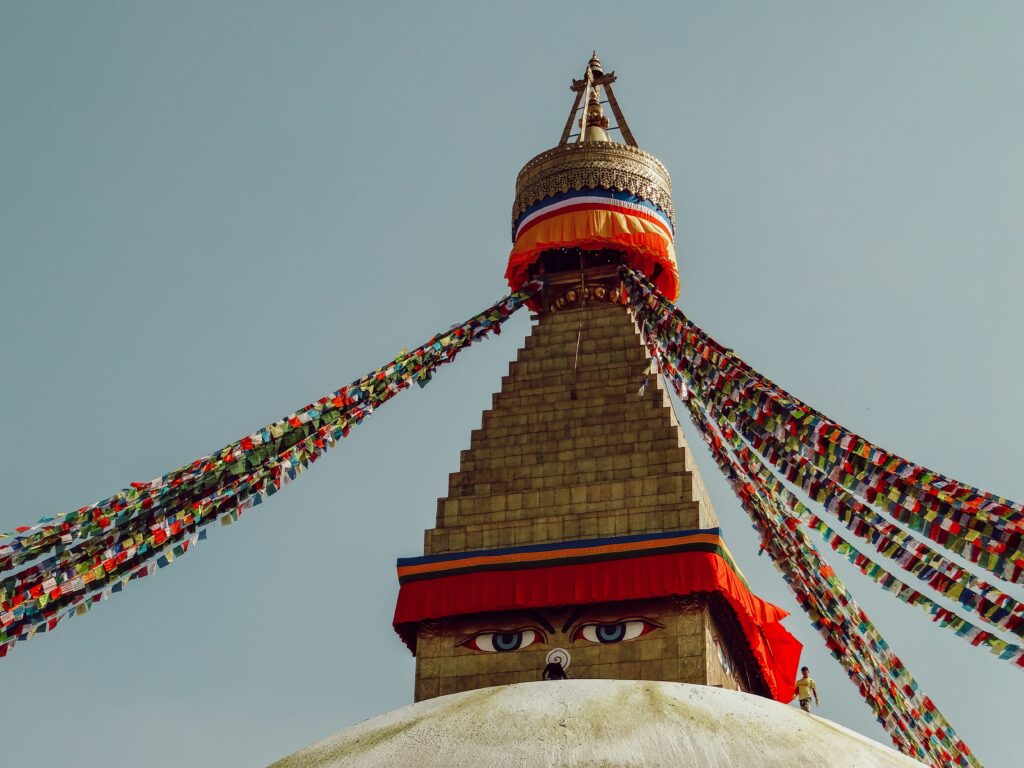
Since the country’s supreme court legalized same-sex sexual acts in 2007, this predominantly Hindu Himalayan nation has made amazing strides in granting rights to LGBTQ+ people, including equal marriage in April 2024. A campaign by activists pushed the government to create the category “other” (“anya” in Nepali) to recognize non-cisgender identities, and in 2015, Nepal issued its first passport with the “other” gender category. That same year the country’s first gay venue, Pink Tiffany Restaurant (attached to H2O Cafe and Pub Thamel, Chaksibari Marg, Kathmandu), opened. Though Nepal is a less-developed nation (about 20 percent of its population lives below the poverty line), its reliance on tourists who want to hike up and around Everest and Annapurna has long made it very friendly to foreigners. With attitudes changing so quickly, LGBTQ+ people should feel very welcome here, even without huge nightclubs and Pride parades.
Dublin, Ireland
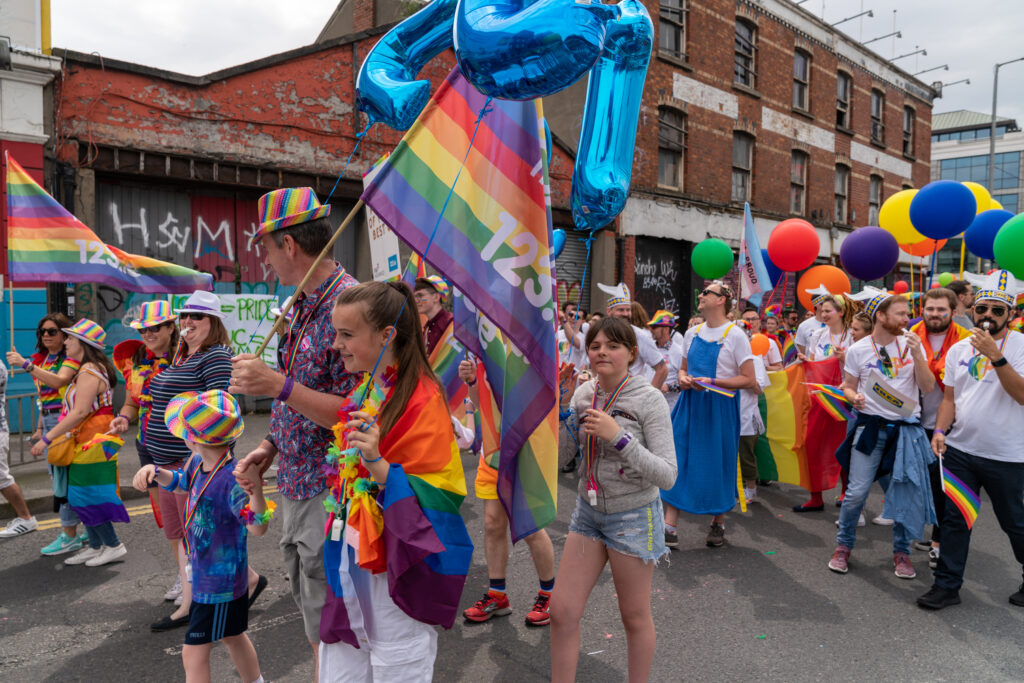
A visitor to Ireland 30 years ago would have been hard pressed to find a condom or a beefcake magazine. In fact, for the first eight years of its existence, the country’s oldest gay bar, The George (89 South Great George’s Street, Dublin), operated on the wrong side of the law; homosexuality wasn’t decriminalized until 1993. The Catholic church loomed over politics. Now, short of nonbinary recognition and anti-conversion therapy laws, Ireland’s public policies are in line with global leaders, and public attitudes toward LGBTQ+ people have become impressively warm—it’s in the top 10 of most accepting countries, according to one survey. Though the scene is not massive (Dublin’s population is just over half a million; Ireland’s is just over five million), it’s lively, very open and very welcoming to foreigners. And Irish people are hill-air-ee-us.
Medellin, Colombia
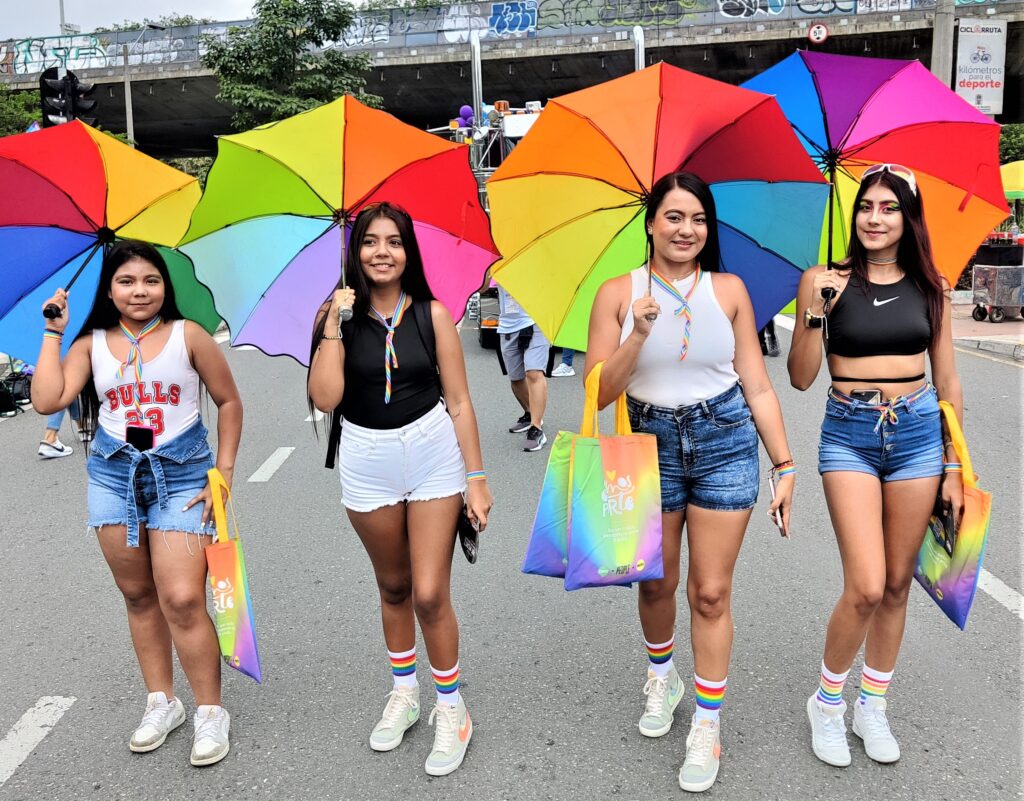
Colombia’s second-largest city started becoming popular with backpackers in the mid-1990s, when its reputation flipped from one of the world’s most dangerous cities, mostly because of late drug lord Pablo Escobar, to one that delivered cool on a budget. Medellin’s international reputation for nightlife grew in the early 2000s, though many of the trailblazing queer bars were no-frills spots. More recently, sleeker venues like Bar Chiquita (Cra. 37 #8a-88, El Poblado, Medellín) and Club Oráculo (Cra. 36 #8a-123, El Poblado, Medellín) have become LGBTQ+ visitor favourites, and the variety of accommodations has bloomed—you’ll find something at every price point. So Medellin’s got the goods. Plus government policies, along with broader national attitudes, have become increasingly LGBTQ+-friendly. The national tourism agency is openly courting the pink dollar—and queer visitors are rarely disappointed.
Tallinn, Estonia
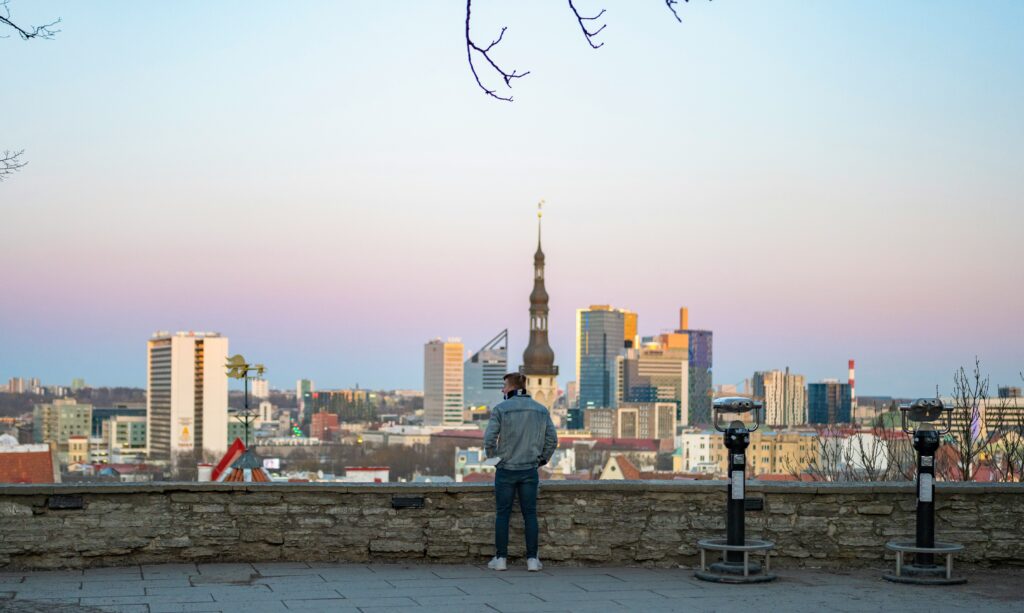
The Soviet Union, which existed from 1922 to 1991, wasn’t nice to queers. Though male homosexuality had been legalized in 1917, the Soviets prohibited it again in 1934. The Soviet bossypants, Russia, still isn’t very nice to us. But former Soviet country Estonia, which has a population of almost 1.4 million, has been making impressive progress since it gained independence in 1991. In a series of surveys conducted between 2012 and 2023, the percent of Estonians who agreed with the statement “I would NOT feel uncomfortable in a group of people that includes a gay person” went from 48 percent to 72 percent. In January 2024, it became the first post-Soviet to legalize marriage equality. The capital, Tallinn, is a cosmopolitan place (the port town has ferry access to Finland and Sweden) with a variety of gay venues, including bars and a sauna. (They also have a bar solely dedicated to the music of Depeche Mode, Voorimehe 4, Tallinn.)
Guadalajara, Mexico
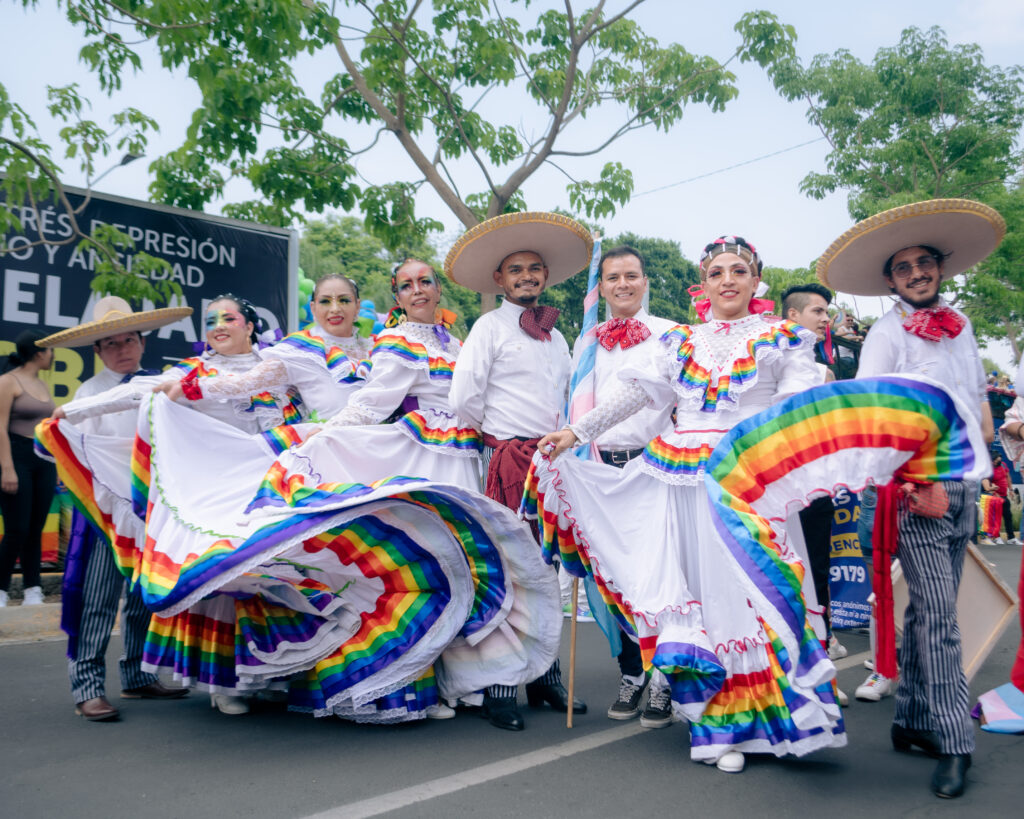
Mexicans will tell you that Guadalajara has long been a hotbed of homosexuality. And the city certainly had its own LGBTQ+ liberation movement going back to the 1970s, which is when its gay nightlife scene started to boom. Yet it was all pretty underground—you didn’t tell your parents or straight friends where you were going at night. Attitudes about gender and sexual orientation were shaped by the Catholic Church; the state government was extremely conservative. Flash-forward to the last decade. In 2016, the state legalized same-sex marriage and in 2022, working with its first-ever sexual diversity director, Jalisco banned so-called conversion therapy, putting it on the forefront of LGBTQ+-friendly policy-making. Though the resort city of Puerto Vallarta, about a four-and-a-half-hour drive away, gets all the buzz, Guadalajara’s nightlife is impressive—mainstream acceptance hasn’t mellowed the locals whatsoever.
St. Pete/Clearwater, Florida
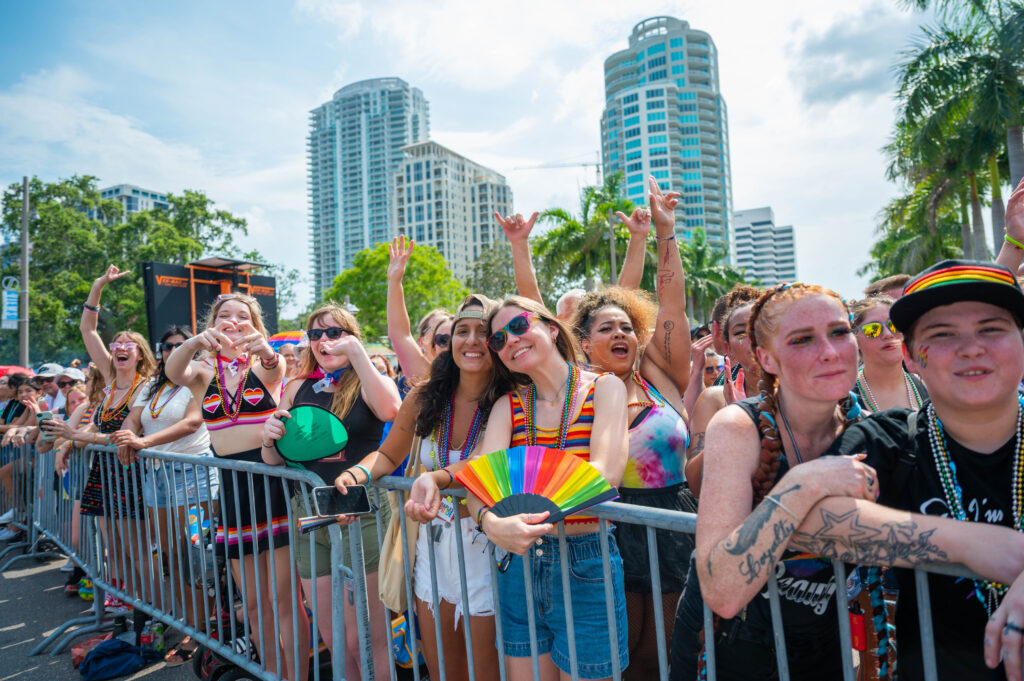
It seems weird to call a U.S. state an “unexpectedly friendly” destination, but Florida has become such a battleground for LGBTQ2S+ rights in the last few years, many international visitors wonder if it’s still safe to visit or whether they should boycott. In the last few months, though, many of Florida Governor Ron DeSantis’s anti-LGBTQ2S+ initiatives, including a proposed ban on children attending drag performances, which would have put a damper on Pride events, have fizzled. The thing is that there are many different Floridas, and there’s absolutely a version of Florida where cities work hard at being the most LGBTQ2S+-friendly. These days, St. Pete/Clearwater, a beachy Gulf Coast peninsula defined by Tampa Bay, has been giving the rest a run for their money. St. Pete now hosts the largest Pride celebration in the southeast, and a 2018 survey suggested that 4.1 percent of the region’s population identifies as LGBTQ2S+. The peninsula has several especially friendly districts, including Pass-a-Grill, which has a beachside lesbian-owned boutique hotel, Coconut Inn (113 11th Ave., St Pete Beach).
Cape Verde
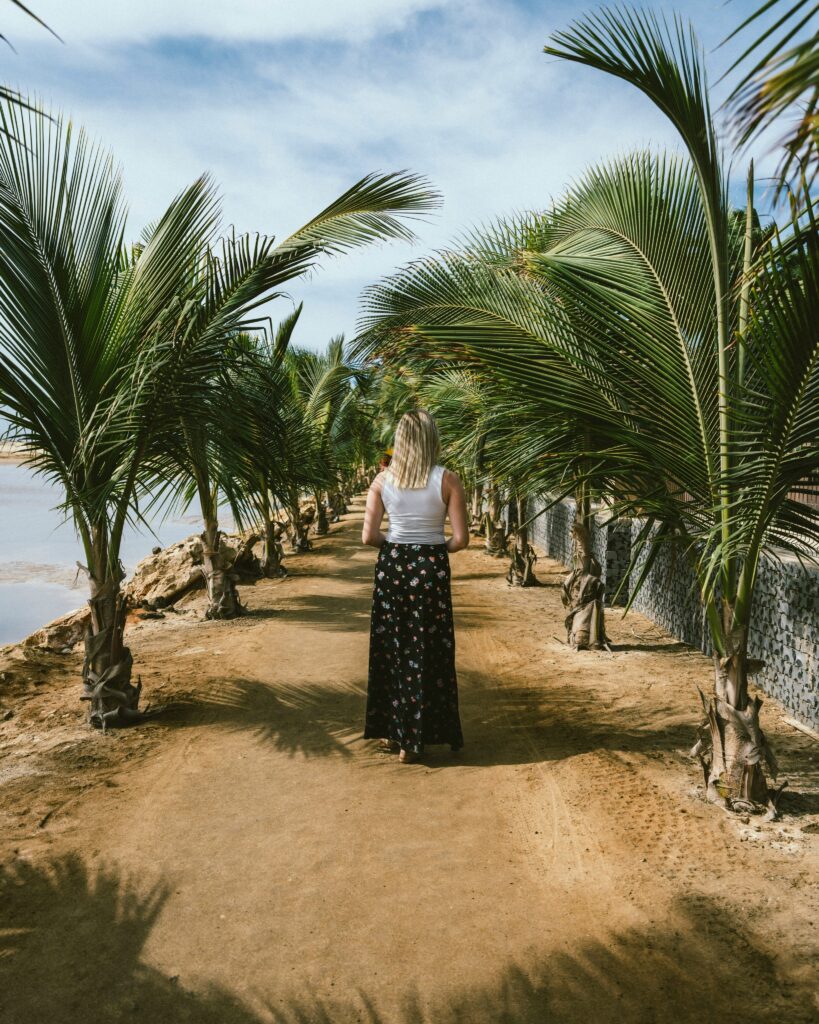
Policy-wise, these islands off the coast of West Africa lag behind the other destinations on this list. And there are not yet any openly gay venues in the archipelago. But attitudes in Cape Verde, which has a population of almost 600,000, have been moving in the right direction, particularly compared to what’s been happening in some other African countries. Homosexual activity has been legal since 2004 and employment discrimination based on sexual orientation has been banned since 2008—it’s one of only a few African countries to offer such protection. The port city of Mindelo, on the island of São Vicente, has been hosting Pride celebrations since 2013. But perhaps what makes Cape Verde especially queer-friendly is the relaxed live-and-let-live mindset of the locals, who usually embrace “colourful” characters in daily life. Those who love nightlife will find friendly venues to try out.
